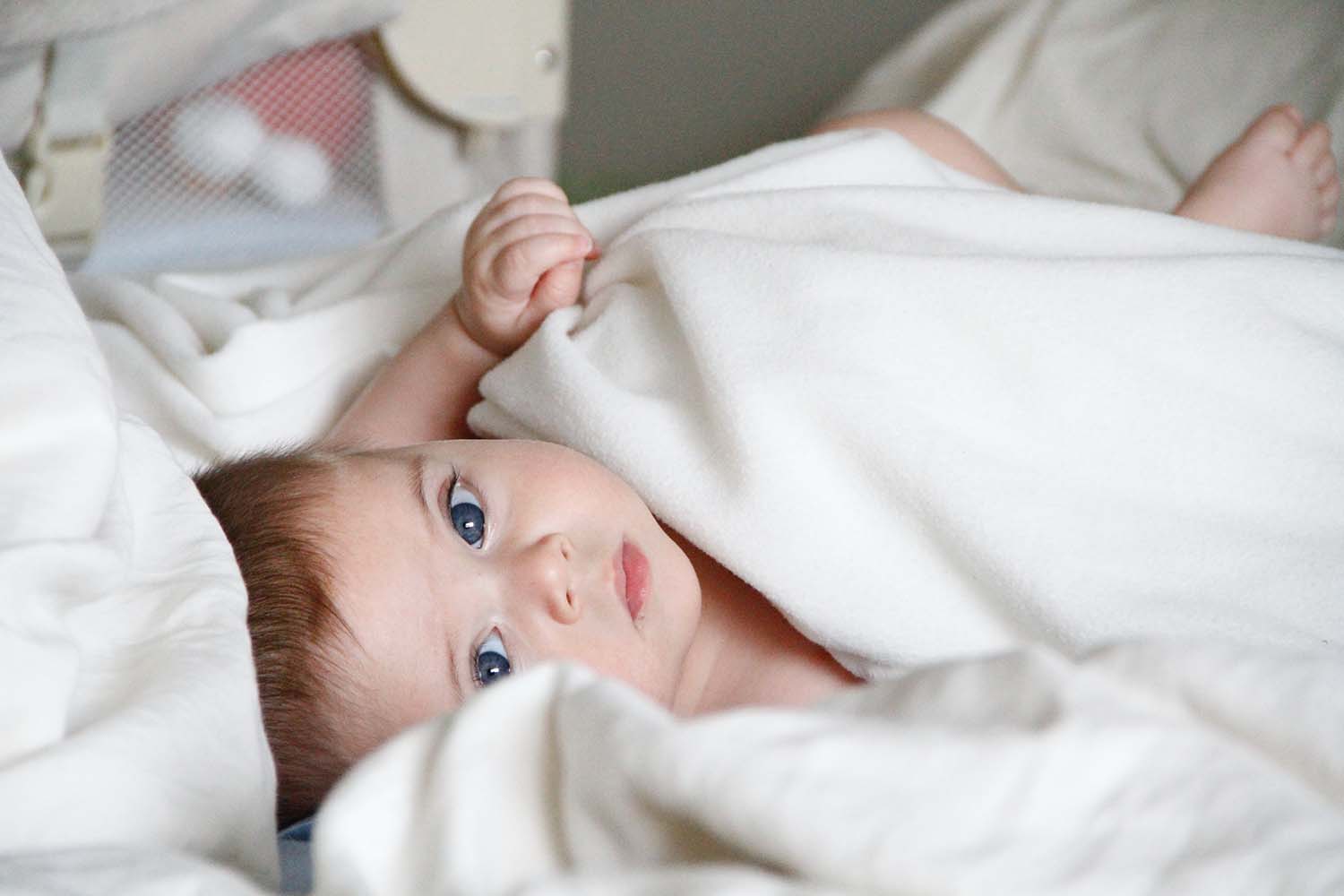Co-sleeping, the practice of sharing a bed with your baby, has been a long-standing tradition in many cultures. It provides a sense of closeness and comfort between parents and infants. However, as your baby grows, there comes a time when transitioning them to sleep independently in their crib becomes necessary. In this blog post, we will explore how to stop co-sleeping and when to make the transition, offering tips on helping your baby sleep in their crib.
When to Stop Co-Sleeping
Determining when to stop co-sleeping is a personal decision that depends on various factors, including cultural beliefs, safety concerns, and the preferences of both parents and the child. While there is no fixed age at which co-sleeping should end, experts generally recommend considering the transition between six months and one year of age.
However, it’s important to note that abrupt changes can be disruptive for both parents and the baby. Gradually transitioning your child to independent sleep will likely yield better results and minimise stress for everyone involved.

How to Stop Co-Sleeping
- Establish a bedtime routine: Establishing a consistent bedtime routine helps signal to your baby that it’s time to sleep. This routine can include activities such as a warm bath, gentle massage, reading a story, or singing lullabies. By following the same routine every night, your baby will associate these activities with sleep.
- Create a sleep-friendly environment: Ensure your baby’s crib is comfortable and safe. Use a firm mattress with a fitted sheet and remove any loose bedding, stuffed animals, or pillows that could pose suffocation hazards. Dim the lights, play soothing music, or use a white noise machine to create a calming atmosphere.
- Gradual transition: Start by placing your baby in their crib for naps or at the beginning of the night while still being present in the room. You can sit next to the crib or use a chair close by. This allows your baby to become accustomed to the crib and associate it with positive experiences. Over time, gradually increase the distance between you and the crib until your baby becomes comfortable sleeping alone.
- Offer comfort and reassurance: During the transition, your baby may experience some resistance or anxiety. Provide reassurance by patting their back, singing softly, or speaking in soothing tones. Avoid picking them up or returning to co-sleeping, as this may reinforce the association between their distress and being back in your bed.
- Be patient and consistent: Remember, this transition may take time and patience. Some nights may be more challenging than others, but consistency is key. Stick to the routine and offer support to your baby during this adjustment period.
Transitioning from co-sleeping to independent sleep can be an emotional and challenging process for both parents and babies. However, by following these steps and being consistent, you can help your little one develop healthy sleep habits and feel secure in their own sleeping space. Remember, every child is unique, and it’s important to approach this transition with understanding and patience. By providing a loving and supportive environment, you can successfully guide your baby toward independent sleep and foster their overall development and well-being.

Get In Touch
If you have any questions or want to find out more about my baby sleep solutions services please don’t hesitate to contact me.
Email: info@babysleepsolutions.uk
Phone: 07926583375
